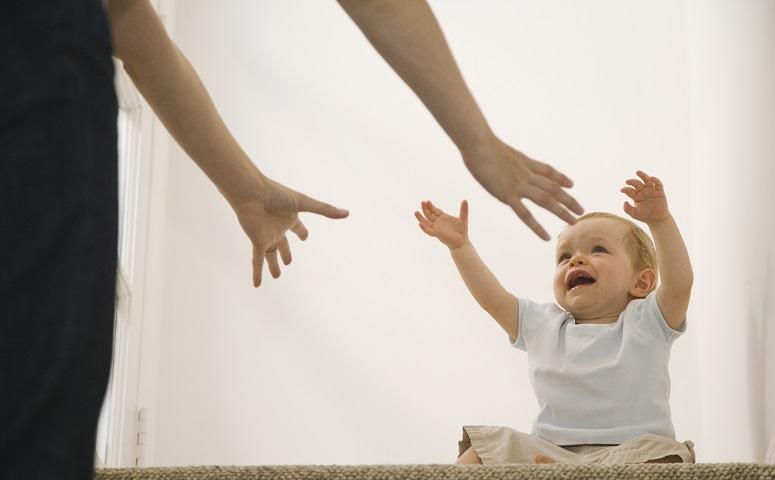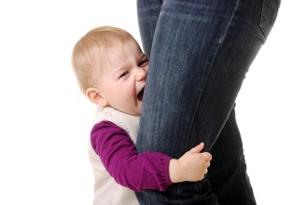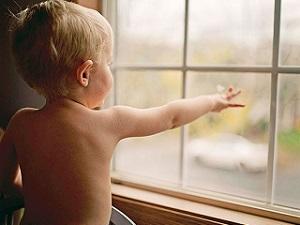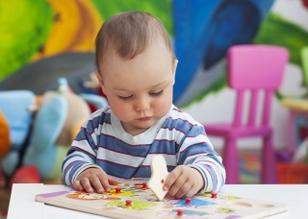The following is an all too familiar scenario for parents: your happy go lucky baby starts crying every time you leave the room and even though he or she is surrounded by familiar faces, nothing helps. As the crying gets more hysterical your anxiety levels increase and you have to resist the urge to return and lovingly cuddle your infant. Sound familiar? Well, this is as normal as puberty and there is really nothing to be alarmed about. Like puberty, it's a normal developmental stage children go through. This article suggests helpful ways to deal with this separation anxiety stage.
Who Does Separation Anxiety Affect?
Separation anxiety generally affects children between the ages of 10-18 months but the intensity varies from child to child. For example, some parents are lucky and their children tend to transition easily while others have a major struggle on their hands trying to deal with the outbursts that usually come with separation. However, others will cry immediately after the parent leaves but they eventually settle down once they are distracted by play or they are soothed and reassured by a caregiver.
It is also important to note that there are certain life events that can be stressful for children and they may worsen separation anxiety, such as the arrival of a new brother or sister, any notable change in daily activities and, perhaps especially, if you move into a new home or change daycare.
Separation anxiety usually goes away by the time the child reaches two because by then children grasp the fact that their parents will eventually return.
Nevertheless, there are some things that you can do to reassure your child and reduce separation anxiety.
Leave Your Child Briefly
Leave the child briefly from time to time but assure them that you will return soon. If he or she cries or throws a tantrum make sure they can hear your voice even if they cannot see you and resist the urge to return to cuddle as this will only give rise to more separation anxiety.
The child will more than likely try to find you or may decide to explore their surroundings in your absence and you should allow them to because they will develop a degree of independence and this a necessary developmental milestone.
Plan Your Exit
Ensure that before you leave your child is well fed, well rested (and, if possible) that they are not sick as they are less likely to be fussy in these situations. It will also put your mind at ease knowing that despite the cries they are fine. Establish a routine and be sure to leave only after these things are done and your child will eventually settle down.
Make It Comfy
Give your child something that will capture their interest since positive distractions will reduce separation anxiety. Find something that your child loves and hand it to them just before you pop out or do a little “magic“ to peak their interest and make the object appear when they are on the verge of crying. You should also tell them that you will spend quality fun time together when you return - don't break your promise. Following through will, with time, reassure them and give them something to look forward to.
Say When You Will Return
Always express that your exit is temporary and state clearly when you will be back in a way they can understand. For example, tell them “I'll be back after breakfast" or “dinner".
Separation anxiety will eventually go away, but in the meantime, the above ideas should help to increase the pace and lighten the process.
Dealing With Your Own Stress
Separation anxiety can take a toll on moms too! Take care not to internalize the stress your child is feeling so that you can help them through this anxious time. Eating well and exercising will help you achieve your health goals, but sometimes more help is needed. Stressful situations can lead to stomach or heart issues. Take a look at different nutritional supplements which can help you in these types of situations.













